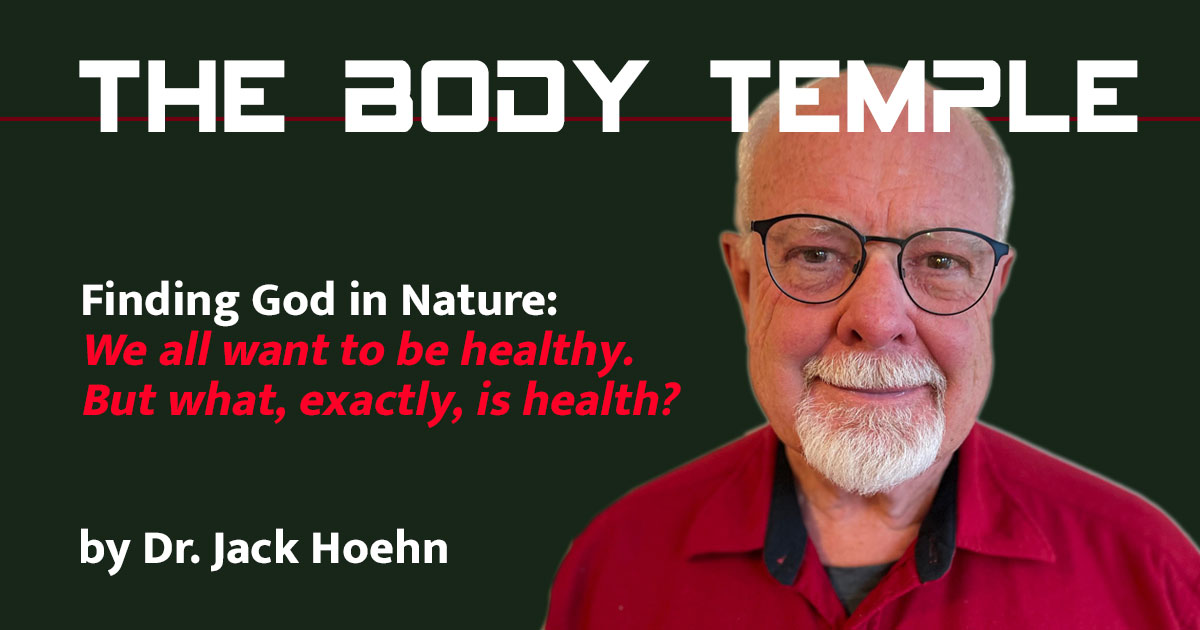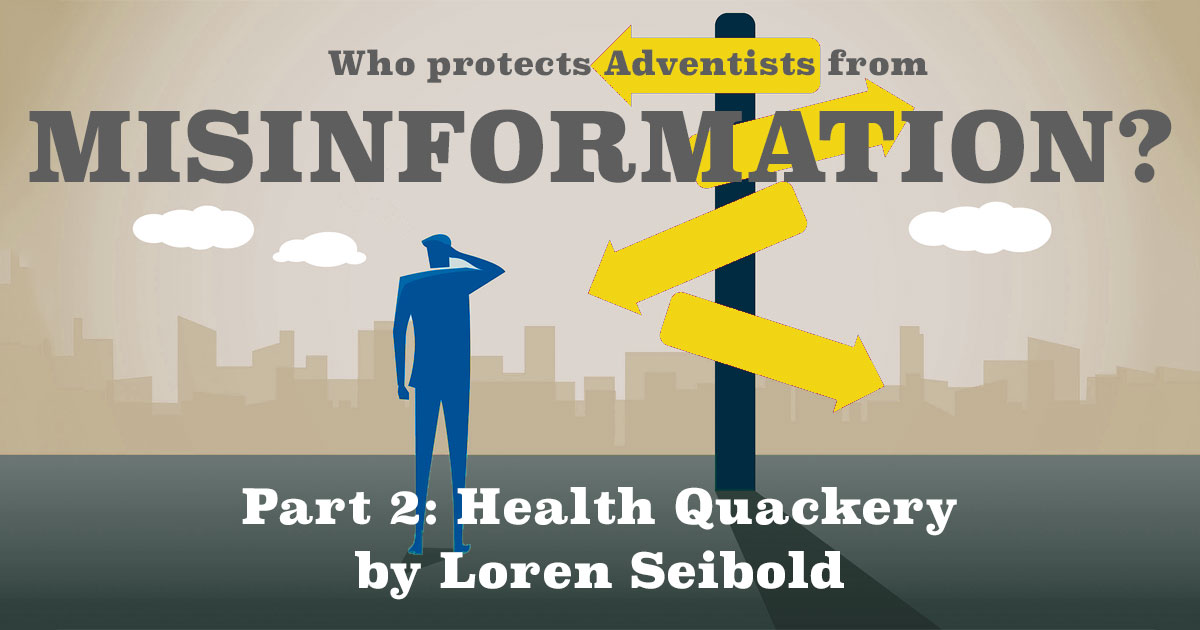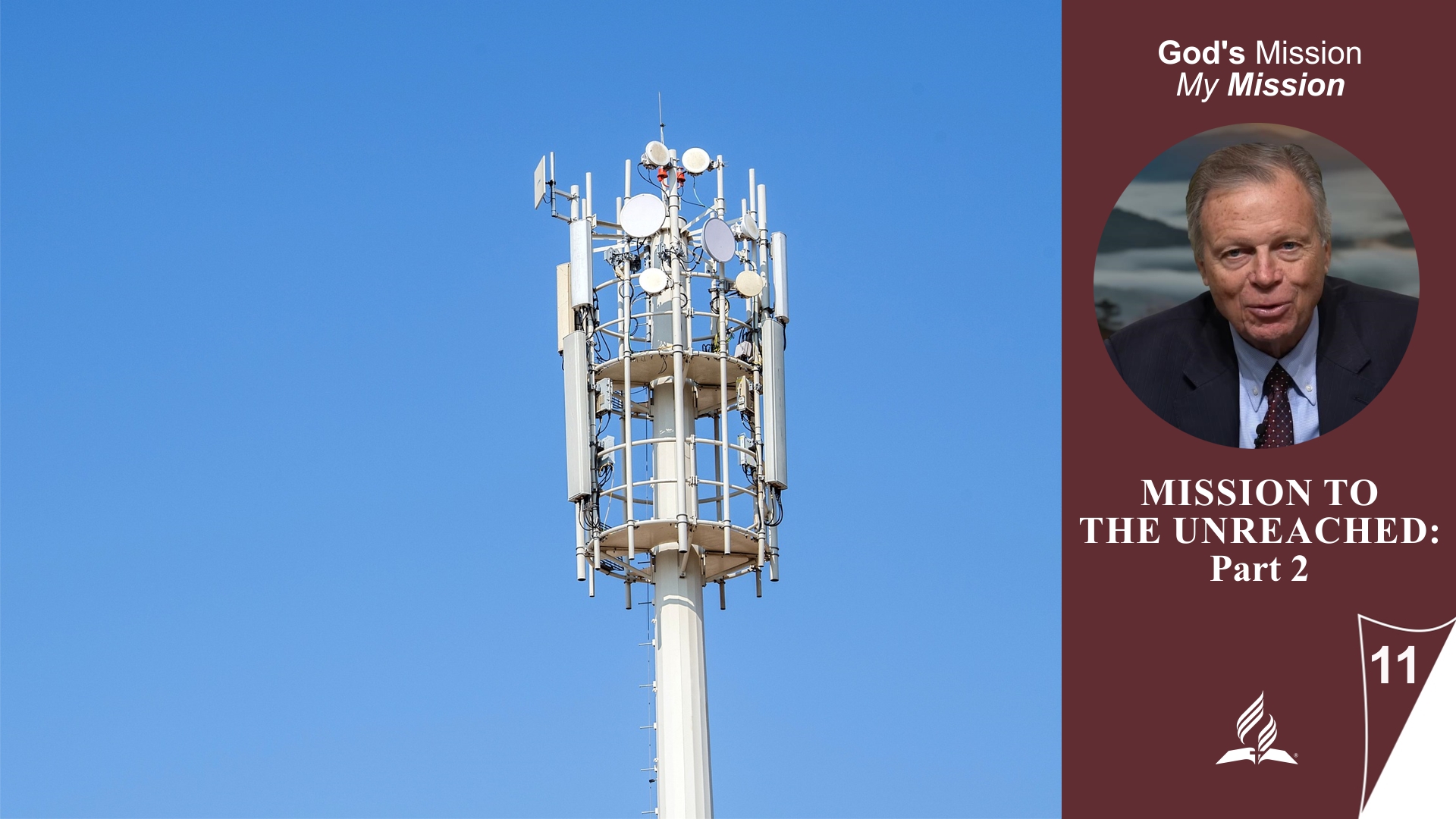
We all want to be healthy. But what is health? by Jack Hoehn | 14 February 2024 | In my last essay in this series, we agreed that though it is easy to see that something is alive, it is not that easy to exactly define life. So let’s move on from asking what life […] Source: https://atoday.org/health-body-temple-series-4/




